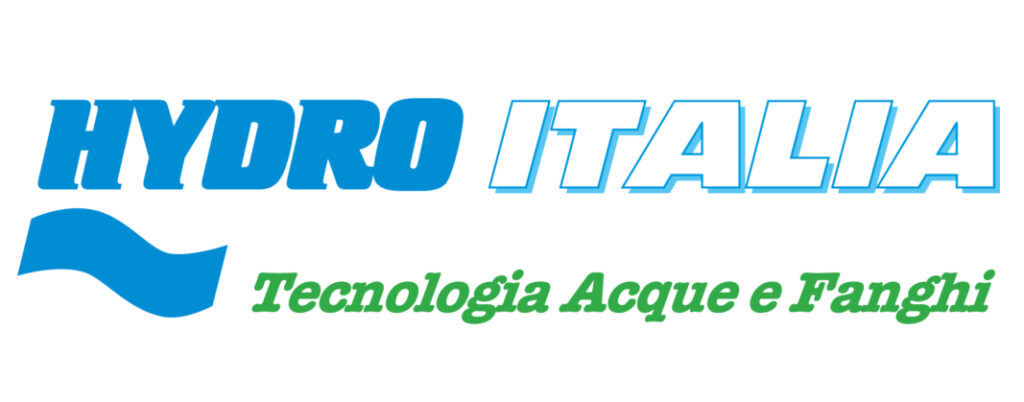Biological systems are suitable for the treatment of civil and/or industrial discharges, if they can be assimilated to civil ones (that is, linked to production activities that are essentially characterized by organic charges, more or less continuous).
The biological types of treatment
Biological depurative typologies, for the treatment of civil waste, can be schematized as follows:
- Active sludge systems, based on the purification carried out by a suspended bacterial mass. They have been successful for a long time for their great running elasticity, the relatively reduced room they need and their sufficiently reasonable expenses.
- Percolator filter systems, based on the purification carried out by a bacterial mass and other organisms developing on a fixed support. They are characterized by the simple running and reduced operating costs.
- Biodisc systems, based on the essential scheme typical of percolator filters, they use, as a support for the bacterial mass, suitable disks in plastic material, put in rotation and partially immersed in the effluent to be treated. They are particularly suitable for small and medium communities. In such application they represent an improvement compared to the percolator filters, keeping anyway low the consumption of energy.
- Diaphragm systems come from the combination of the active sludge traditional process with filtration on partially impermeable membranes process. The main advantages linked to that technology must be sought in the chance to remove or reduce the sedimentation unit downstream the biological section, therefore in the chance to drastically reduce the dimensions of the systems. The sludge-water separation, in fact, is assured by a partially impermeable membrane and no more conditioned by the capacity of sedimentation of the active sludge.






